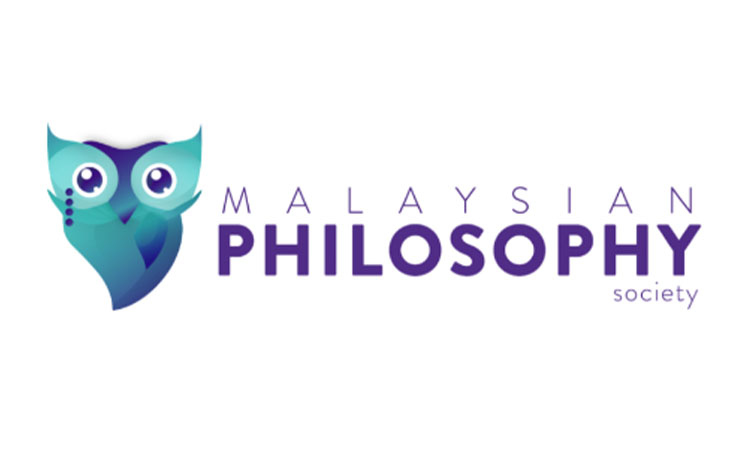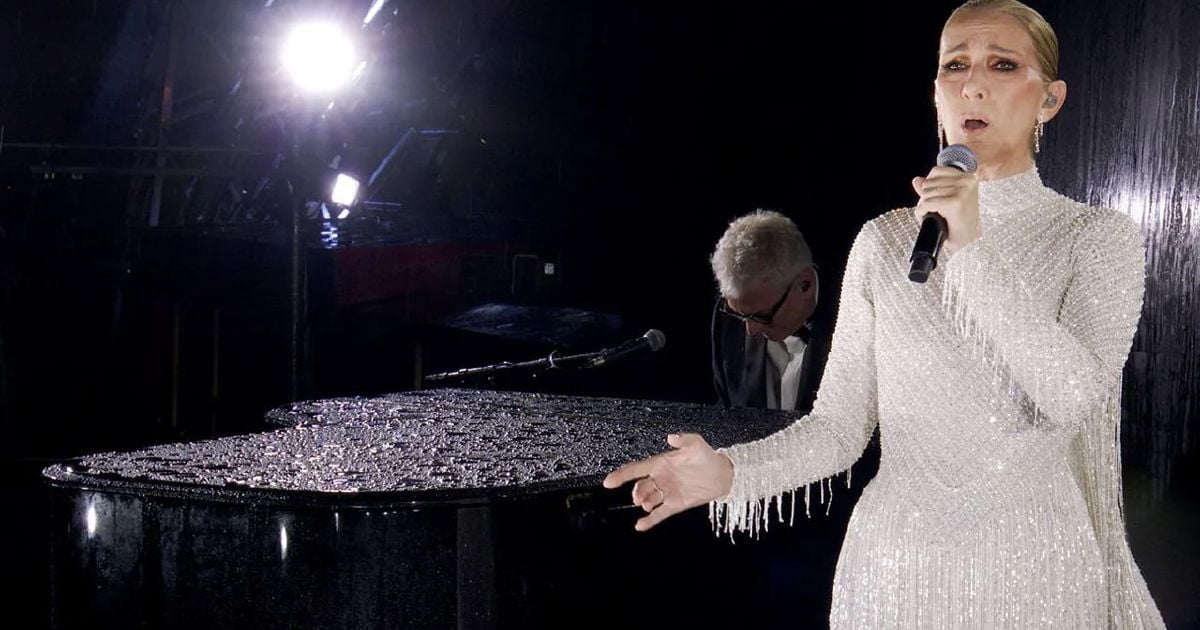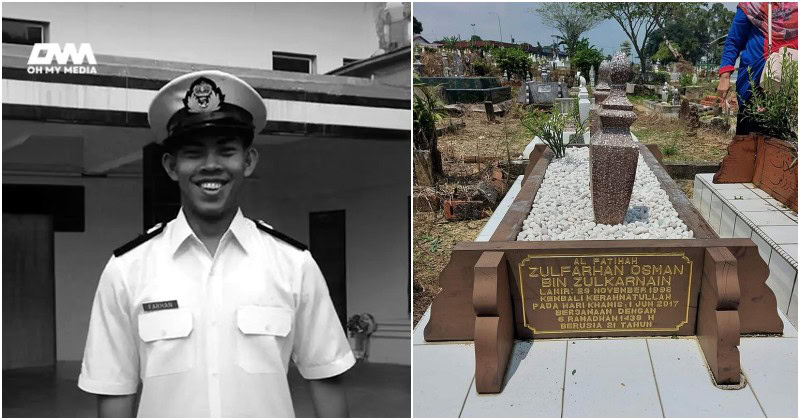Kuala Lumpur: Challenges such as the increasing tensions between nation states have threatened to provoke a state of moral decline in the progress towards communal peace. According to the Global Peace Index 2023, an analysis has demonstrated that the world has experienced immense levels of regression – with the average level of country peacefulness decreasing by 0.42 percent over the past year. The findings also found that while there were improvements in conflict-ridden nations, there was a disproportionate presence of violence causing mayhem across the world.
The escalating chaos ensued have spilled over into societal divisions; exacerbating polarization and divisiveness—inadvertently breaking down entire communities and worsening civil tensions. The World Economic Forum, in its Global Risks Report 2024, have forecasted the erosion of social cohesion and societal polarization assuming prominence in the coming years; designated as one of the highest existential risks to global civilization. These challenges collectively emphasize the urgent need for reform; one that addresses the moral chasm or void that sits as the heart of a weakening 21st century world order. The question of what will colour the ideals, values and norms of the global nucleus is central as it will provide a picture of how the world understands its identity in an era of increased interconnectedness and globalization. It will come to define and shape our beliefs and determine the future trajectory of civilization altogether. What this necessitates is the need for a conversation; one that discusses as to the philosophies that should undergird our motivations, beliefs and understandings in a way that equips us with the cognitive tools necessary to intellectually map the many issues facing the world and effectively resolve them and promotes a stronger enforcement of morals.
The European Renaissance, birthed from the labour pains of a civilization which experienced tremendous turmoil, in all its majesty and grandeur conceived the beauties of art, literature, architecture, morals and scholarship and was notably renowned. The movement would spill over to the nations of the world—inspiring revolutionary ideals; paving the way for the refashioning of global civilization. The renaissance however did not occur in a strict vacuum, as it was the culmination of differing civilizational dialogues. The revival of Greek scholarship by prominent Islamic philosophers coupled with their exploration of the notable teachings from Islam complemented the resurgent interest in the Western world in philosophical traditions; allowing the Renaissance to arise in spectacular fashion when the two worlds encountered each other. It is important to note that the patronage towards philosophy and scholarship was what allowed for the world to enter an era of technological, spiritual, and political advancement.
The august world religions and ideas in their distinctive capacities—Christianity, Islam, Secular Humanism etc—could inform of global policy-making; to the extent that it addresses the divisions present in religious communities across the world; forging a philosophical alliance that encourages mutual dialogue, respect, love and understanding. Philosophy, in all its forms, has the capacity to invite international communities to be curious about their respective neighbours’ aspirations in the spirit of charity; thereby uniting the world under a common interest that is inclusive of all ideological variations.
Inviting philosophy to have a place in global policy-making to promote further civilizational dialogue and encourage philosophical discussion in a way that allows for authentic sharing and exchange of knowledge helps build virtue-guided global order. Philosophy has the capacity to reform the very infrastructural mechanisms that constitute the global order for the greater good. This can only be carried out however if the nation prioritizes philosophical advancement; that is by incentivizing Malaysians of all stripes to value philosophy as a uniting tradition.
Author’s
Pravin Periasamy
Networking and Partnership Director at Malaysia Philosophy Society






